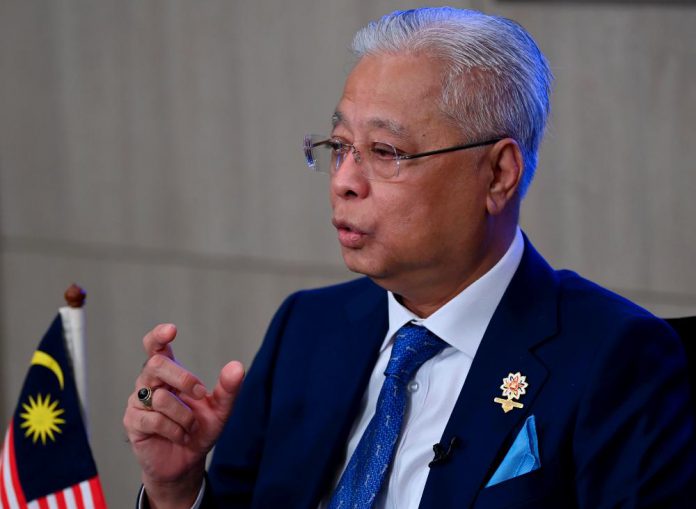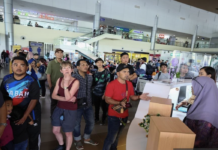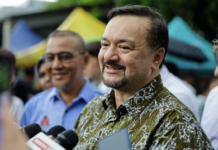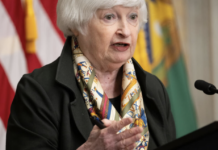KUALA LUMPUR, Oct 28 — The Brunei-Indonesia-Malaysia- Philippines East ASEAN Growth Area (BIMP-EAGA) member countries should look for every opportunity to restore cross-border value chains, many of which have fragmented since the closure of international borders following the COVID-19 pandemic.
Prime Minister Datuk Seri Ismail Sabri in his intervention at the 14th BIMP-EAGA Summit on Thursday said Malaysia has been doing its part to make this happen as it values BIMPE-EAGA as an important platform to enable a more balanced and inclusive regional development.
“Reflecting this commitment, sub regional cooperation under BIMP-EAGA was further mainstreamed and prioritised under the recently launched 12th Malaysia Plan 2021-2025,” he said.
Pursuant to the plan, Ismail Sabri said the cooperation under BIMP-EAGA will focus on increasing cross-border economic activities and strengthening the value chains.
The cooperation will also focus on creating liveable towns and cities, improving infrastructure accessibility and connectivity as well as enhancing collaboration and coordination between stakeholders.
Under the 12th Malaysia Plan, Malaysia’s Federal Government will continue to accelerate development in Labuan, Sabah and Sarawak.
“Measures will continue to be undertaken to improve infrastructure accessibility and connectivity by accelerating the implementation of Priority Infrastructure Projects in BIMP-EAGA.
“This includes the Pan Borneo Highway, border townships and customs, immigration, quarantine and security facilities,” he said.
In order for BIMP-EAGA to achieve a sustained and resilient post-pandemic recovery, Ismail Sabri stressed that participating countries must put in place fresh and bold strategies through a whole of nation approach in their respective countries, while maintaining regional cooperation.
Citing tourism as an example, he said in reviving the struggling industry, member countries should explore the possibility of having a standardised approach which permits vaccinated individuals to travel freely and safely across borders with minimal quarantine or complicated approval processes.
“For a start, this may be implemented in selected pilot sites,” he added.
On green initiative, Ismail Sabri said Malaysia will be working closely with Asian Development Bank (ADB) and Local Governments for Sustainability (ICLEI) in developing Green City Action Plans (GCAPs).
He said Malaysia will develop at least two GCAPs under its 12th Malaysia Plan for BIMP-EAGA member cities in Malaysia as its contribution towards accelerating the implementation of BIMP-EAGA green cities initiative in line with Malaysia’s commitment to become carbon neutral nation by 2050 at the earliest.
On BIMP-EAGA and South Korea Cooperation Fund (BKCF), Ismail Sabri said he is confident that it will contribute meaningfully to advancing collaboration in maritime connectivity; trade and investment; tourism; human resource development; and maritime safety and environment.
To further enhance BIMP-EAGA’s cooperation with South Korea, he is also looking forward to the early finalisation of the BIMP-EAGA – South Korea Framework of Cooperation and its Plan of Action.
Chaired by Indonesia, the BIMP-EAGA was attended by member countries as well as ADB and BIMP-EAGA Facilitation Centre. It was held at the sidelines of the three-day virtual 38th and 39th ASEAN Summits and Related Summits which began Tuesday under the chairmanship of Brunei.



















